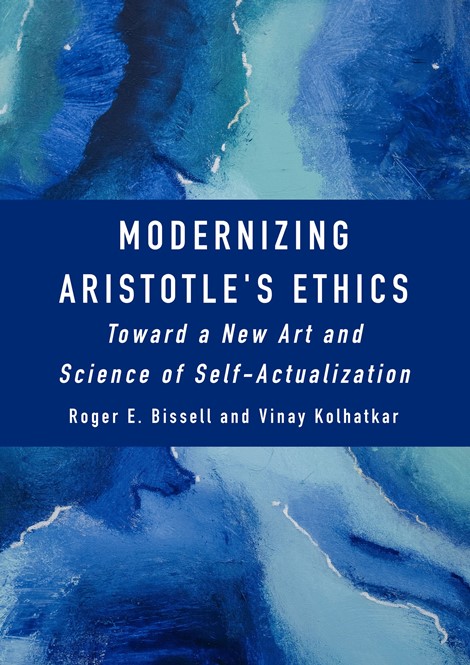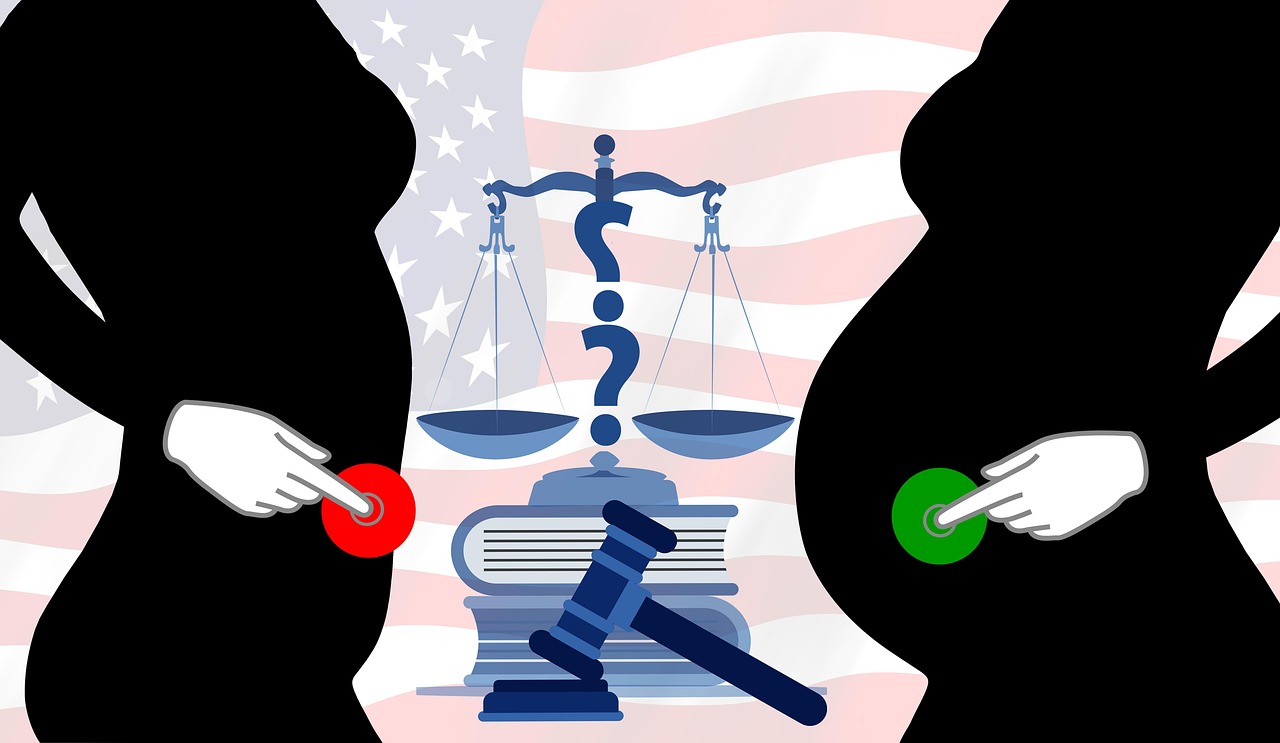Translating deep thinking into common sense
Book Review: Modernizing Aristotle’s Ethics

By Winton Bates
May 7, 2024
SUBSCRIBE TO SAVVY STREET (It's Free)
A review of Modernizing Aristotle’s Ethics: Toward a New Art and Science of Self-Actualization, by Roger E. Bissell and Vinay Kolhatkar, Publisher: Cambridge, UK: Ethics Press, 2023, Pages: 320, Reviewed by: Winton Bates; Lake Macquarie, NSW, Australia
 Any person seeking advice about how to live his or her life has a huge number of books to choose from. This book is one of a small number that can credibly claim to build upon Aristotle’s wisdom by providing a conceptual framework for flourishing, with the specific requirements of a free society in mind. Ed Younkins’s work, Flourishing and Happiness in a Free Society (2011, University Press of America) is another example.
Any person seeking advice about how to live his or her life has a huge number of books to choose from. This book is one of a small number that can credibly claim to build upon Aristotle’s wisdom by providing a conceptual framework for flourishing, with the specific requirements of a free society in mind. Ed Younkins’s work, Flourishing and Happiness in a Free Society (2011, University Press of America) is another example.
Roger Bissell and Vinay Kolhatkar offer a Neo-Aristotelian view of what it means to live well in the twenty-first century. They aim “to provide a highly practical ‘Neo-Aristotelian’ ethical framework to facilitate human self-actualization (and thereby freedom, flourishing, and happiness)” (p. 6). Drawing upon modern insights from philosophy, psychology, and biology, they give readers tools to help them “sculp” rewarding and virtuous lives.
Bissell’s brief history of Aristotelian thought provides a foundation for later chapters. He endorses the view that for theorizing to be Neo-Aristotelian it must incorporate some of Aristotle’s central doctrines. He notes that Aristotle’s ethics was formulated as a framework for virtuous action that is inextricably linked to unique aspects of human nature and the nature of the world around us. Bissell emphasizes Aristotle’s views about the capacity of humans to know about reality via their senses and conceptual reasoning.
Living Good Lives
The main focus of the book is what we, as individuals, can do to live good lives. The authors base their view of what it means to live well on an understanding of humans as integrated organisms with minds housed in bodies that have physiological needs. They assert that the essence of human nature is that of “an introspecting animal on a need-identification and satisfaction hunt” (p. 99). They see the ability to introspect as creating psychological needs along the lines suggested by Abraham Maslow.
As Kolhatkar explains, the psychological needs of individual humans include a need to better understand the world, to better understand ourselves, and to gain insight into the needs, motivations, and desires of others. Humans also have psychological needs and capacities for joy, goodwill and empathy, wisdom, and resilience. Psychological needs are nested and intermingled—so that frustration of one does not augur well for the satisfaction of others. Kolhatkar asserts that we need our lives to have meaning because the self-reflective consciousness of each of us is “almost incessantly aware of itself” (p. 212).
The authors argue strongly that individuals should view “a humane, self-actualizing, and meaningful life” as their end goal. They suggest that an ethic of humaneness is uniquely principled because it is the only model that treats all humans as ends in themselves.
The authors argue strongly that individuals should view “a humane, self-actualizing, and meaningful life” as their end goal.
The path that the authors take us along before identifying that end goal involves a sequence of steps. I liked much of what I saw along that path, including their integration of elements of modern biology, humanistic psychology, and neuroscience in their exposition. I particularly liked their use of illustrations from real life and fictional drama to help make their points.
I liked their integration of elements of modern biology, humanistic psychology, and neuroscience, and particularly the use of illustrations from real life and fictional drama to help make their points.
I see the line of argument developed in this book as broadly consistent with Aristotle’s profound view of flourishing (eudaimonia) as the highest prudential good, which individual humans seek for its own sake and not for the sake of something else. At one point the authors claim to “put aside” individual flourishing as the end goal in favor of “a humane, self-actualizing, and meaningful life” (p. 183). It seems to me, however, that their stated end goal is best seen as elucidating individual flourishing. The wording of the title of the final chapter of the book, “Towards a Humane Society of Flourishing Individuals” suggests that the authors have no problem in accepting individual flourishing as the most appropriate end goal.
Towards a Humane Society
The final chapter presents the authors with the challenge of persuading readers that their vision of a humane society is related in some way to Aristotle’s views.
At an early point in the chapter Bissell and Kolhatkar discuss Aristotle’s views of the various forms of government known in his time, and the dangers associated with them. They go on to claim that if Aristotle had lived in the eighteenth century, he would have been delighted to see the American Declaration of Independence endorse the natural rights of individuals to life, liberty, and the pursuit of happiness. They suggest that the Declaration’s endorsement of the natural right to liberty aligns well with Aristotle’s notion that a man is free “if he exists for his own sake and not for another’s” (p. 220).
I agree. Aristotle’s view of freedom entails self-direction.
I agree. Aristotle’s view of freedom entails self-direction. Aristotle would endorse the authors’ view that we need a government “to actually prevent initiation of violence and fraud, when possible, and to deliver justice when such acts have already taken place.” I hope he would also endorse their view that “that is all we need a government for” (p. 221). Some communitarians and collectivists claim to draw inspiration from Aristotle, but they would find it difficult to argue that their views are consistent with self-directed individual flourishing.
The authors draw upon Aristotle’s views about the risks associated with aristocracies to warn that the “good intentions” of “neo-Marxist aristocrats” pose “the gravest threat to human liberty” in the U.S. and other Western democracies (p. 241). At first sight that might seem excessively polemical, but it is backed by solid reasoning.
Aristotle argued that aristocracies—states ruled by the noble, or the highly gifted—tend to become oligarchies, ruled by the few. The authors claim that the major Western democracies are all now aristocracies in which an elite class of politicians and bureaucrats influence “every important human endeavor and interaction in the polity and the economy” (p. 242). They cite examples associated with the recent Covid epidemic in support of that claim. They suggest that an intellectual orthodoxy has permeated academe, the arts, education, the media, Big Tech, major corporations, etc., and that this orthodoxy is philosophically neo-Marxist. What they mean by neo-Marxist is that the new intellectual orthodoxy advocates extensive government regulation, is pre-occupied with power struggles, maintains that an uncontrolled society perpetuates oppression based on race, gender, sexual orientation, religion, etc., and favors affirmative action to reduce inequality of outcomes, irrespective of merit.
How did this neo-Marxist orthodoxy come about? The authors trace the origins to the 1930s when Marxist intellectuals associated with “the Frankfurt School” became dissatisfied with Soviet-style communism. Some of the Frankfurt School intellectuals were influenced by Antonio Gramsci who argued for a gradual takeover of the institutions that were foundations of Western Civilization. The “long march through the institutions” has occurred as members of the neo-Marxist elite have taken up powerful positions in universities, media, trade unions, schools, churches, etc. (p. 249).
If Aristotle visited the modern world, I think he would be particularly concerned about postmodernism, a threat to liberty that I would have liked the authors to have emphasized more strongly.
Bissell and Kolhatkar quote Michael Rectenwald’s view that the World Economic Forum (WEF) project, The Great Reset, represents the completion of a century-long attempt “to destroy classical liberalism” (p. 251). Rectenwald’s book, The Great Reset and the Struggle for Liberty (2023, New English Review Press) has certainly persuaded me that in advocating “stakeholder capitalism,” the founder of the WEF, Klaus Schwab, has in mind a corpus of ideas and policies that are fundamentally opposed to free markets and classical liberalism.
If Aristotle visited the modern world, I think he would be particularly concerned about postmodernism, a threat to liberty that I would have liked the authors to have emphasized more strongly. As Stephen Hicks notes, in Explaining Postmodernism (2004, Scholargy Publishing) postmodernism maintains “that it is impossible to speak meaningfully about an independently existing reality” and “substitutes instead a social-linguistic, constructionist account of reality” (p. 13).
Aristotle might see postmodernists as neo-Sophists, who view rhetoric as a means of winning debates, or conducting power struggles, rather than as a means of searching for truth. There is, of course, a great deal of overlap between postmodernists and neo-Marxists, but some people on the conservative side of politics seem to be similarly unconcerned about the truth of the assertions they make in their struggles to win power and hold onto it.
The chapter ends by considering what individuals can do in the face of current threats to liberty and “the soul-deadening cultural pessimism that grips our society.” The authors encourage readers to challenge the current intellectual orthodoxies, and to promote an Aristotelian perspective of “the reality and the importance of the individual” (p. 253).
Overall, I think the authors have done very well in relating their vision of a humane society to principles that Aristotle would be likely to endorse if he were to visit the modern world.
This review was first published in The INDEPENDENT REVIEW, A Journal of Political Economy, Volume 28, Number 3, Winter 2023/24
Related Posts:
About the Author: Winton Bates
-

Affirmative Action for Intellectual Diversity?
April 14, 2025
-

“Deep Learning”—But Is It Conscious?
April 10, 2025
-

AI: Intimations of “Emergence”
April 10, 2025
-

The Neuroscience of Cringe: Why the Past Still Burns
April 6, 2025
-

The 2025 Election: Australia vs the Global Deep State
April 1, 2025
-

Why the Trump-Musk Tour of Fort Knox Matters
March 29, 2025
-

A Meeting of Minds
March 27, 2025
-

Abortion and the Minimum Wage Law
March 24, 2025
-

Federalism or Anti-Federalism—That is the Question
March 24, 2025
-

A Most Humane Solution for All Peace-Loving Gazans
March 22, 2025
